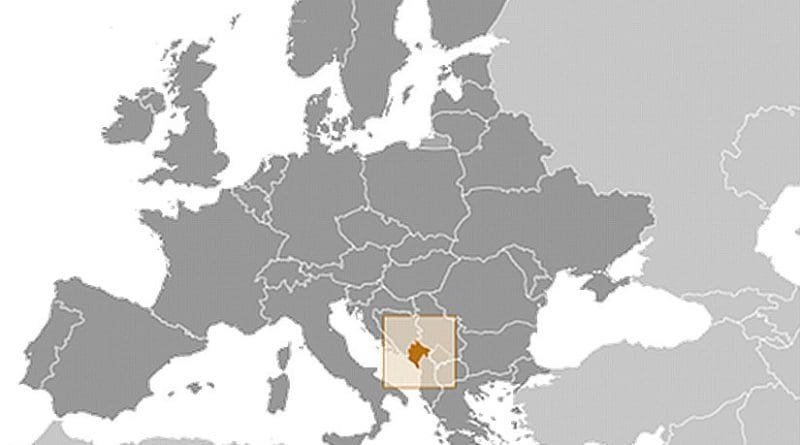US Must Not Hesitate Over Montenegro’s NATO Bid – OpEd
By Miodrag Vlahovic
As the smallest country in the Western Balkans, Montenegro has always been the plausible subject of various benevolent jokes.
But the country’s small size has also been a constant threat to its peace and stability, especially during the years of Slobodan Milosevic’s regime and before the Montenegrin independence referendum in May 2006.
A country of 620,000 inhabitants, situated between two newest NATO allies, Croatia and Albania, is close now to seeing its membership supported by the legislatures of all 28 NATO member states.
By the time of writing, 22 countries have ratified Montenegro’s Accession Protocol. Portugal and France have just done so and the Greek parliament should also swiftly confirm the proposal of the respective parliamentary committee, where only some far-right and Communist MPs have opposed it.
So, the prospective of alliance membership seems bright, despite the election in the US of Donald Trump as President and his comments calling NATO an “obsolete” organization, which have had an earthquake-like effect, not only in tiny Montenegro.
One consequence of Trump’s statements and tweets has been to create an impression of uncertainty, relating the US Senate’s position on ratifying the NATO Accession Protocol for Montenegro to the change in the White House – despite the clear division of legislative and executive powers in Washington.
A unanimous Senate decision on Montenegro, a resolution without a debate, was expected a month ago. But, like a bolt of lightning in a clear sky, reservations expressed by Republican senators Michael Lee of Utah and Rand Paul of Kentucky have made a voting procedure inevitable.
So, there is Montenegro on the Senate agenda, and we now wait for the “pause” for the process of confirmation of Trump’s administration before we can see whether US senators support Montenegro’s NATO membership with 98-2 majority – as seems to be the case.
Awaiting the news from Capitol Hill has made all supporters of NATO membership in Montenegro anxious, while the opponents [who, no surprise, are very close to the Kremlin] remain hopeful that a blockade of this historic step for the smallest Balkan nation could come from the least expected address, the US itself.
In any case, Montenegro’s bid for NATO membership has reached the point of no return. It is hard to imagine a scenario in which this path to the alliance could be abandoned on the “last few metres of the race”. But, as some worried observers on both sides of Atlantic still caution, “the game is only finished when it is finished”.
Numerous friends of our country, who sit on both sides of the aisle in the US Congress, from both Democratic and Republican administrations in the last 20 years, have decisively helped Montenegro at its most critical moments from 1997 onwards, starting with Montenegro’s break with the Milosevic regime.
It would be a major historic error to waste all that energy and effort and omit to support a friendly nation at such an important moment – both for Montenegro and the Alliance as a whole.
Montenegro deserves that support, if no other reason than as a nation that has managed to regain its independence through a peaceful and democratic process, an almost unique case in the disastrous and tragic history of the disintegration of the former Yugoslavia.
[We may also skip the positive, constructive role that Montenegro has been playing in a still turbulent Western Balkans in the last 20 years, although that is the most important element of its NATO bid.]
The testimonies of likely Secretary of State Rex Tillerson and Defense Secretary James Matisse before Congress, to the great relief and satisfaction of all Western-oriented Montenegrins, have re-established confidence that the White House will not reverse its policy.
The contribution made by the US towards Montenegro’s getting so close to NATO has been crucial. A U-turn at this point would lack any logic.
So, while some suspense is still there, hopefully it should be limited to a mere question about when the Senate vote will occur, not about the result.
The author is a former Foreign Minister of Montenegro and the country’s first ambassador to the US.

